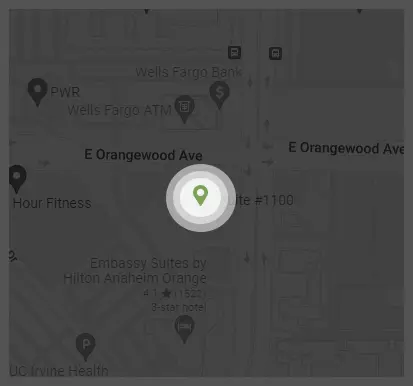Is Student Loan Debt Considered Community Property?
California is a community property state. This means that any assets or debts accrued over the course of the marriage are to be divided equally in the event of a divorce. But does this apply to student loan debt?
In the past, the biggest debts that any married couple had to be worried about were often credit card bills, mortgages, and medical bills. These days, however, an increasing number of us must contend with costly student loan expenses. In fact, in some cases, student loan debt can be just about as overwhelming and significant as a small mortgage on a house.
Depending on the circumstances, student loans may be considered separate property instead of community property, even if the loans were taken out during the time of the marriage. Although California’s community property laws would seem to extend to debts involving student loans, the state views education as something that is beneficial to individuals for the rest of their lives, not just their marriages. Because of this, California law typically does not view one spouse’s student loan debts as a shared marital debt. The presumption is that both spouses would not benefit from the student loan, especially after marriage, so why would both spouses be responsible for the debt?
Who is Responsible for Student Loan Debts After the Dissolution of Marriage?
Generally, California law is of the opinion that debt incurred to finance an individual’s education continues to benefit that individual’s life beyond the course of their marriage. As a result, it would be unfair to make the other spouse have to continue to pay for educational debts once the marriage has concluded.
While California tends to view student loan debts separately from other debts that may be considered community property, there are some exceptions.
California Family Code section 2641 offers three exceptions to the general rule. These include:
- One spouse contributed to the other spouse’s education or training in a way that offsets the student loan debt.
- The community (the married couple) has substantially benefited from the education, training, or loan for the education or training of the student.
- The education provided by the student loan reduces the spouse’s need for spousal support (also known as alimony or spousal maintenance).
If one spouse must contend with student loan debt after the divorce, they must prove one of these exceptions to be true in order for the family law court to determine it is necessary for the spouses to shoulder the burden of the debt together.
How Does Reimbursement for Education Costs Work?
What if one spouse helped support the other spouse while they pursued their education? What if this support included financial support? In such situations, the general rule is that the community should be reimbursed for such payments. What this means is that the student-spouse should have to pay back the money that was used to pay down loans or pay for the education without a loan and that reimbursed financial payment shall be split equally between the parties. Essentially, the student-spouse will have to pay their soon-to-be ex-spouse half of the money used to pay for educational pursuits during the marriage.
This rule is subject to the same exceptions listed under the California Family Code. If the marriage benefited financially from the education, both parties received educational benefits, and the education impacts the need for alimony, there may be no cause for cost reimbursement.
What Happens If You Co-Sign Your Spouse’s Student Loans?
Those who elected to cosign a spouse’s student loans face a more complex divorce case. As a cosigner on a student loan, you are legally committed to taking responsibility for the repayment of that loan if the primary borrower fails to provide adequate payments. This responsibility as a cosigner shall stand regardless of the outcome of your marriage or divorce.
In divorce proceedings, a family law judge will consider the circumstances surrounding the cosigning of the student loan. The specifics of each case will determine the division of those responsibilities.
How Can a Divorce Attorney Help?
If you or your soon-to-be ex-spouse have student loan debt that was acquired during your marriage, you must speak with an experienced divorce lawyer who can help represent your legal rights and responsibilities over the course of your divorce case. With capable legal representation, it is possible to come to a fair and just agreement in negotiations with your spouse. At our law firm, we understand that every case is unique, so we will strive to provide personally tailored legal representation to clients involved in the complexities of a divorce case involving student loan debt.
Additionally, a family law attorney can help couples that are soon to be married draft enforceable prenuptial agreements that state how current and future student loan debt will be handled in the event of a potential divorce.
Whether you are considering ending your marriage or starting a new one, we advise you to contact our law firm for a case evaluation, wherein we will go over your legal options and help determine the right course of action for you and your divorce case.
Contact Us for a Case Evaluation Today
The Law Office of Patrick O’Kennedy has extensive experience in divorce cases, including those with complex debts like student loan debts. As your legal representative, family law lawyer Patrick O’Kennedy will provide dedicated and communicative legal services to you throughout your divorce proceedings and help negotiate for better terms in your divorce settlement. To discuss your case in more detail, please get in touch with our law firm to schedule your initial consultation today. You may contact us at (714) 701-6356.








